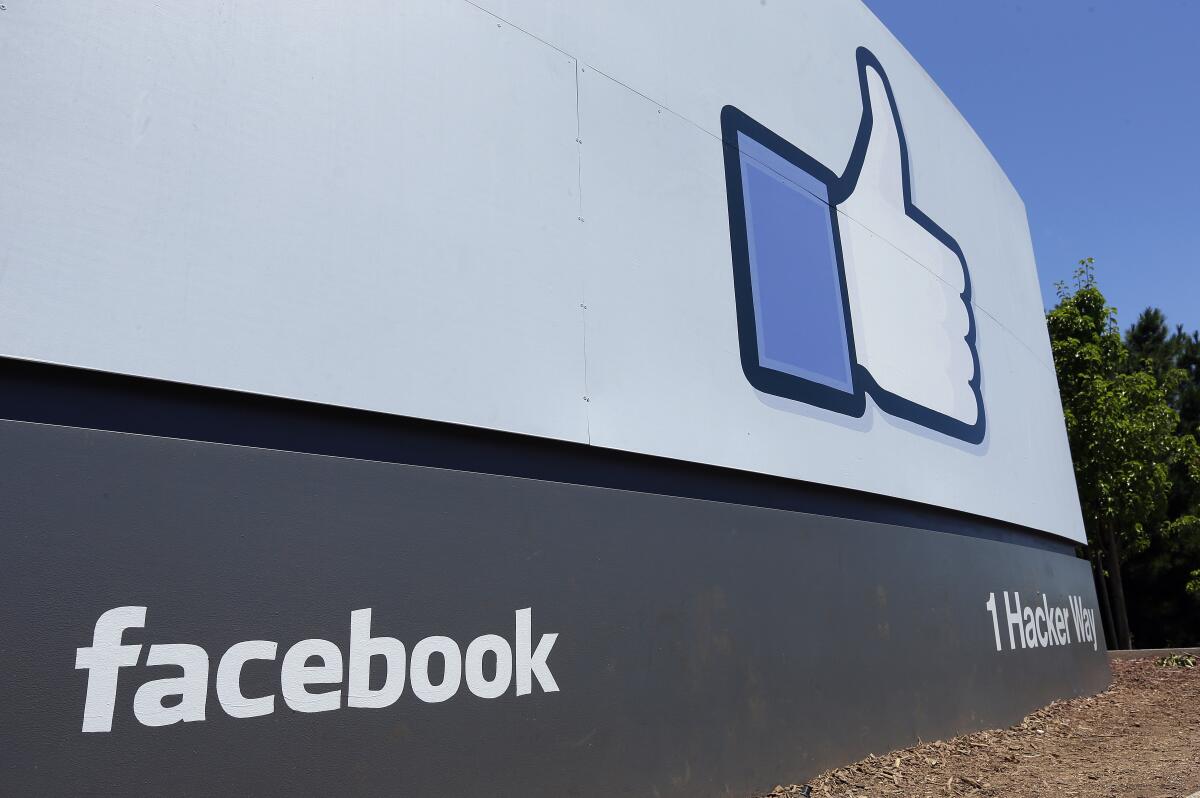Facebook sold ads based on ‘wrong data,’ manager claimed

A Facebook employee warned that the company reported revenues it “should have never made” by overstating how many users advertisers could reach, according to internal emails revealed in a newly unsealed court filing.
The world’s largest social media company has since 2018 been fighting a class-action lawsuit claiming that its executives knew its “potential reach metric,” used to inform advertisers of their potential audience size, was inflated but failed to correct it.
According to sections of a filing in the lawsuit that were unredacted on Wednesday, a Facebook product manager in charge of potential reach proposed changing the definition of the metric in mid-2018 to render it more accurate.
However, internal emails show that his suggestion was rebuffed by Facebook executives overseeing metrics on the grounds that the “revenue impact” for the company would be “significant,” the filing said.
The product manager responded by saying that “it’s revenue we should have never made given the fact it’s based on wrong data,” the complaint said.
Several other employees echoed his concerns, with one writing that the “status quo in ad reach estimation and reporting is deeply wrong,” according to the filing, parts of which had been initially sealed largely on the grounds that they were commercially sensitive for Facebook.
The lawsuit, which was filed in Northern California in 2018 by a small-business owner, alleges that Facebook knowingly included fake and duplicate accounts in its potential reach metric, misleading unwitting advertisers.
It cites research showing Facebook had suggested potential reach in certain U.S. states and demographics that was greater than the actual populations. A Financial Times investigation in 2019 found similar discrepancies in Facebook’s ads manager, an online tool to help advertisers build campaigns.
Facebook has argued that the metrics are only estimates. Indeed, advertisers do not pay the company based on potential reach, rather for actual impressions and clicks on ads.
Nevertheless, the lawsuit claims that advertisers use the metric to decide where to allocate their budget in the first place.
Facebook itself acknowledged that the metric was “arguably the single most important number in our ads creation interfaces” in an internal document cited in the unsealed filing.
The filing also claimed that in early 2018, internal Facebook research found that removing duplicate accounts from potential reach would result in a 10% drop in the figure.
“Facebook knew for years its potential reach was misleading, and concealed that fact to preserve its own bottom line,” the latest filing alleges.
A Facebook spokesperson said in a statement that the “allegations are without merit and we will vigorously defend ourselves.”
In March 2019, Facebook made some changes to its potential reach, making it based on how many people matching an advertiser’s criteria had been shown an ad in the previous 30 days, rather than the number of active users over the same time period. However, the lawsuit alleges that as of 2020, the company “still has not removed the fake and duplicate accounts from its potential reach calculation.”
The company is fighting a continuing battle against fake accounts on its platform, which are often used for spam, and has been investing in automated systems to help detect and cull them. In the final quarter of 2020 it took down 1.3 billion fake accounts, according to its latest transparency report. The company reported 2.8 billion monthly active users worldwide in its latest quarterly results.
The lawsuit over potential reach is the second major suit brought by advertisers regarding misleading metrics at Facebook. Several years ago the company settled a complaint filed after it disclosed it overstated video-viewing metrics in 2015 and 2016.
© The Financial Times Ltd. 2021. All rights reserved. FT and Financial Times are trademarks of the Financial Times Ltd. Not to be redistributed, copied or modified in any way.






